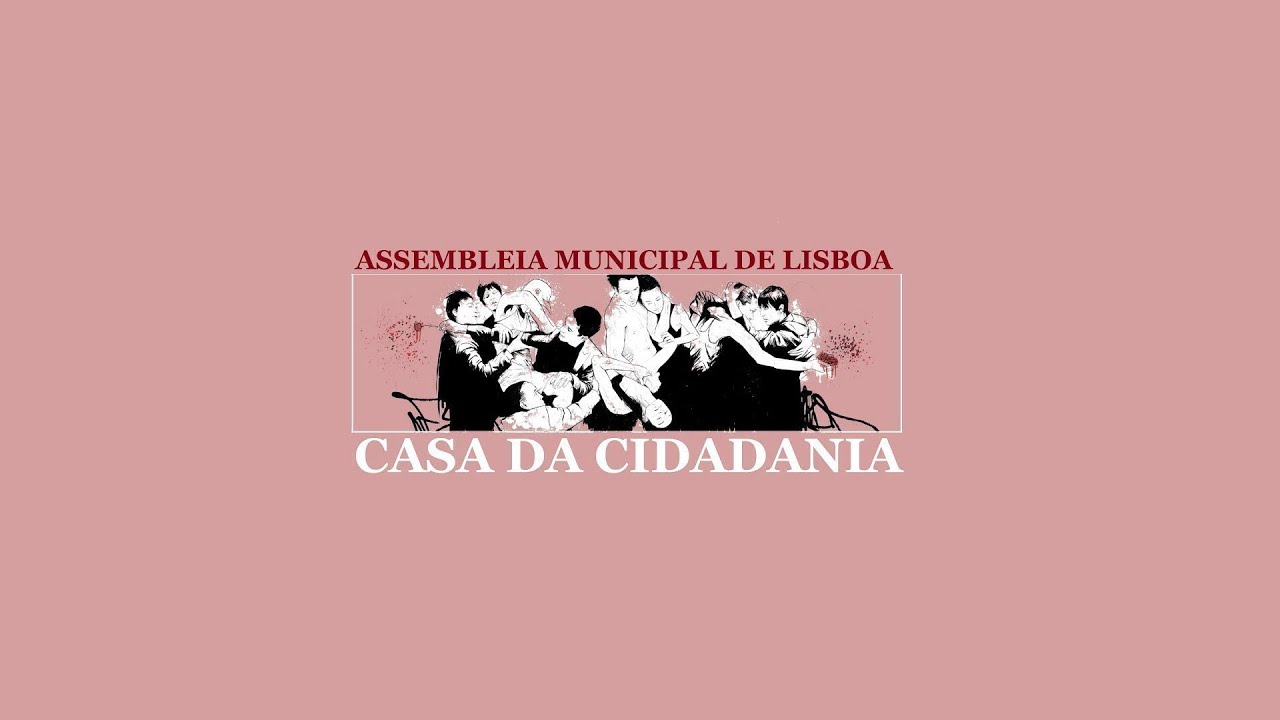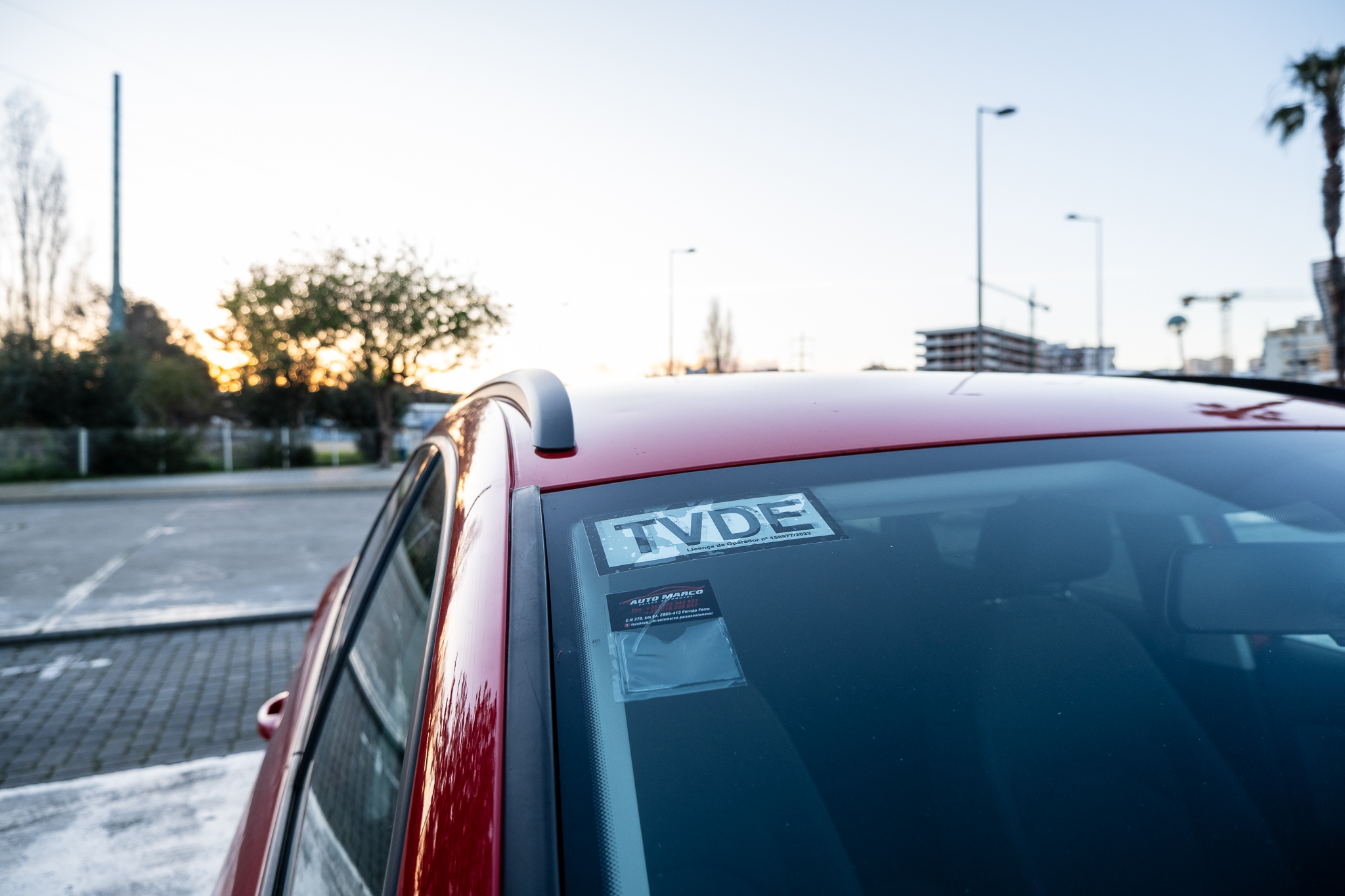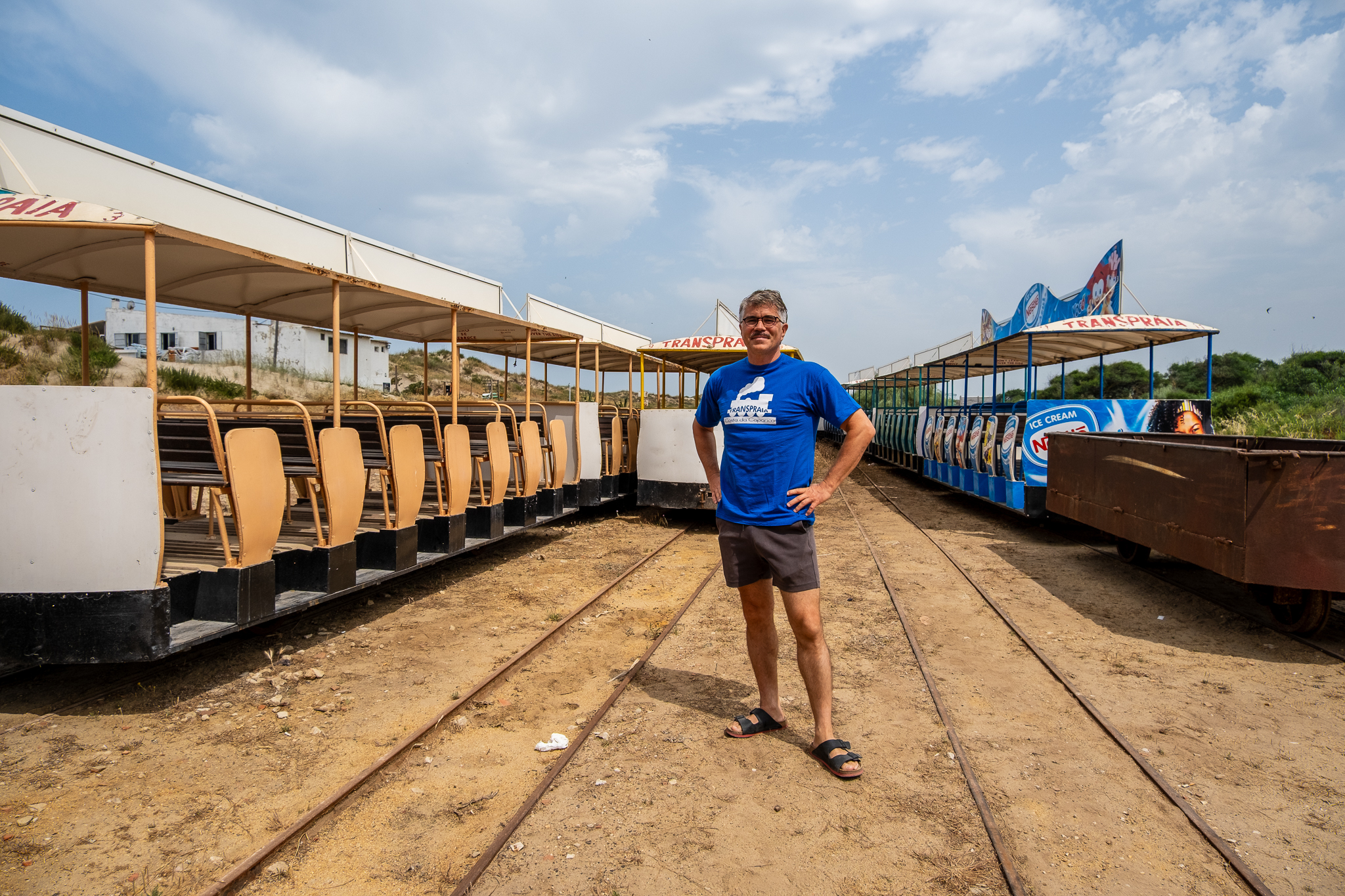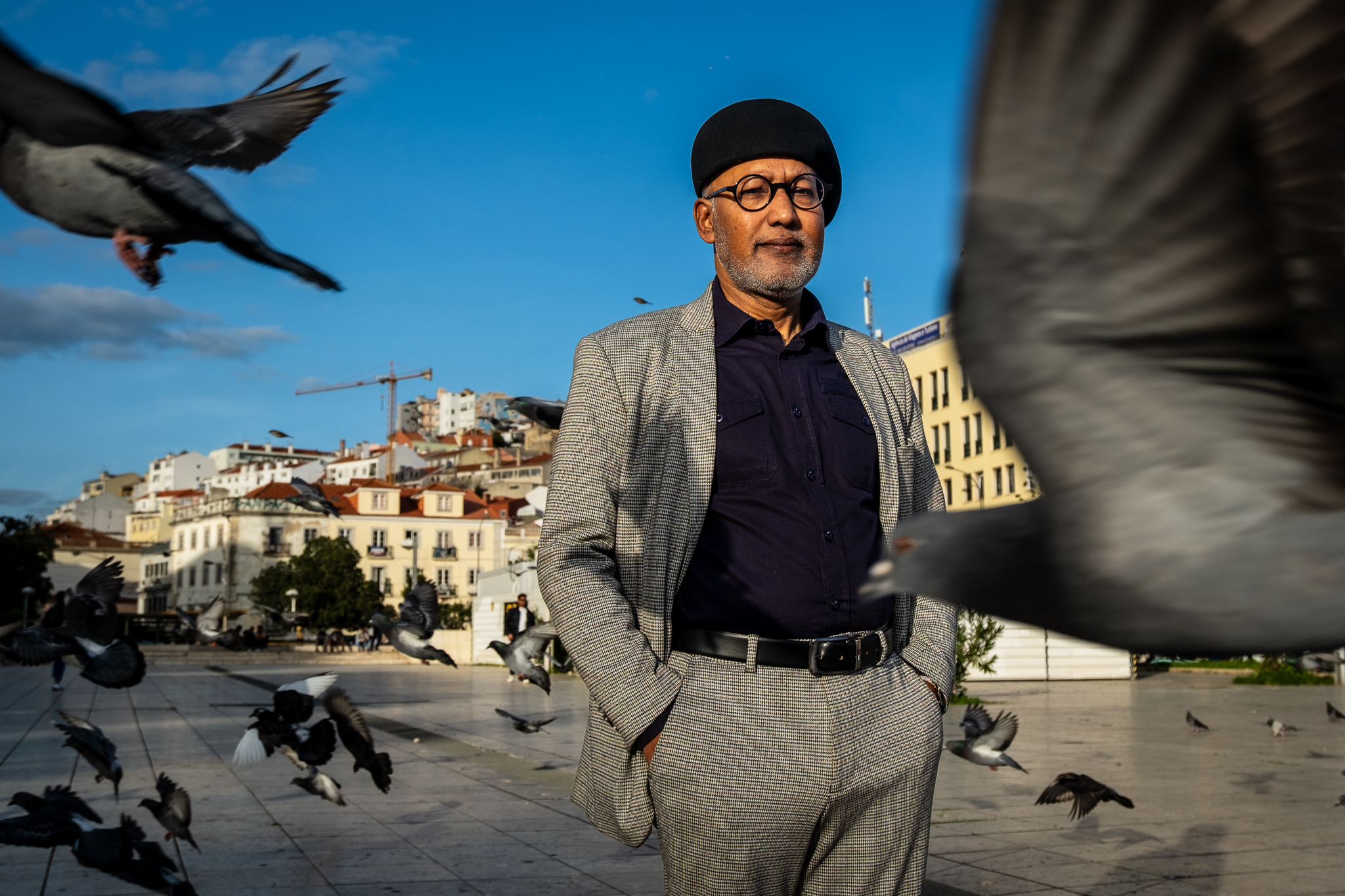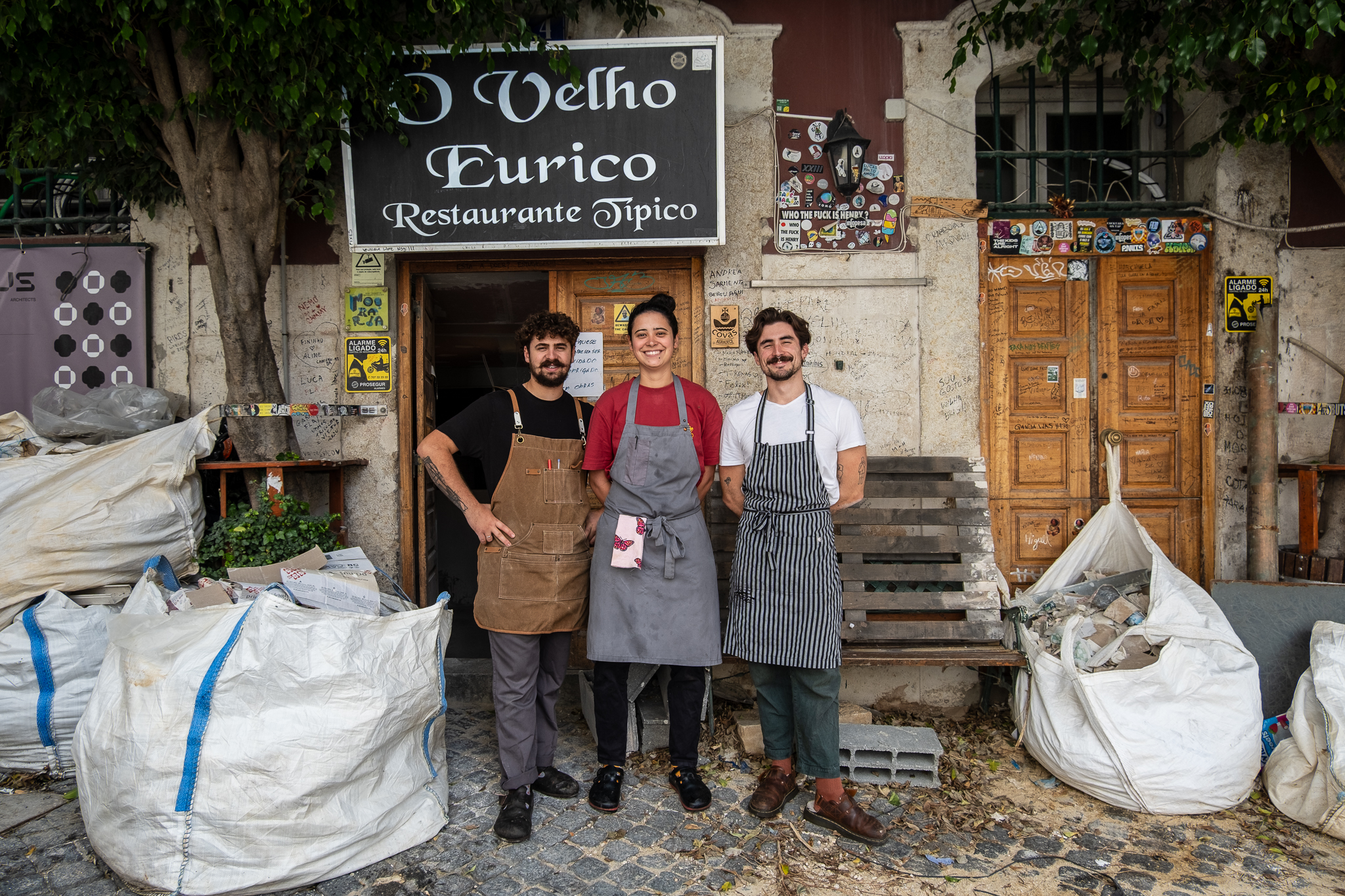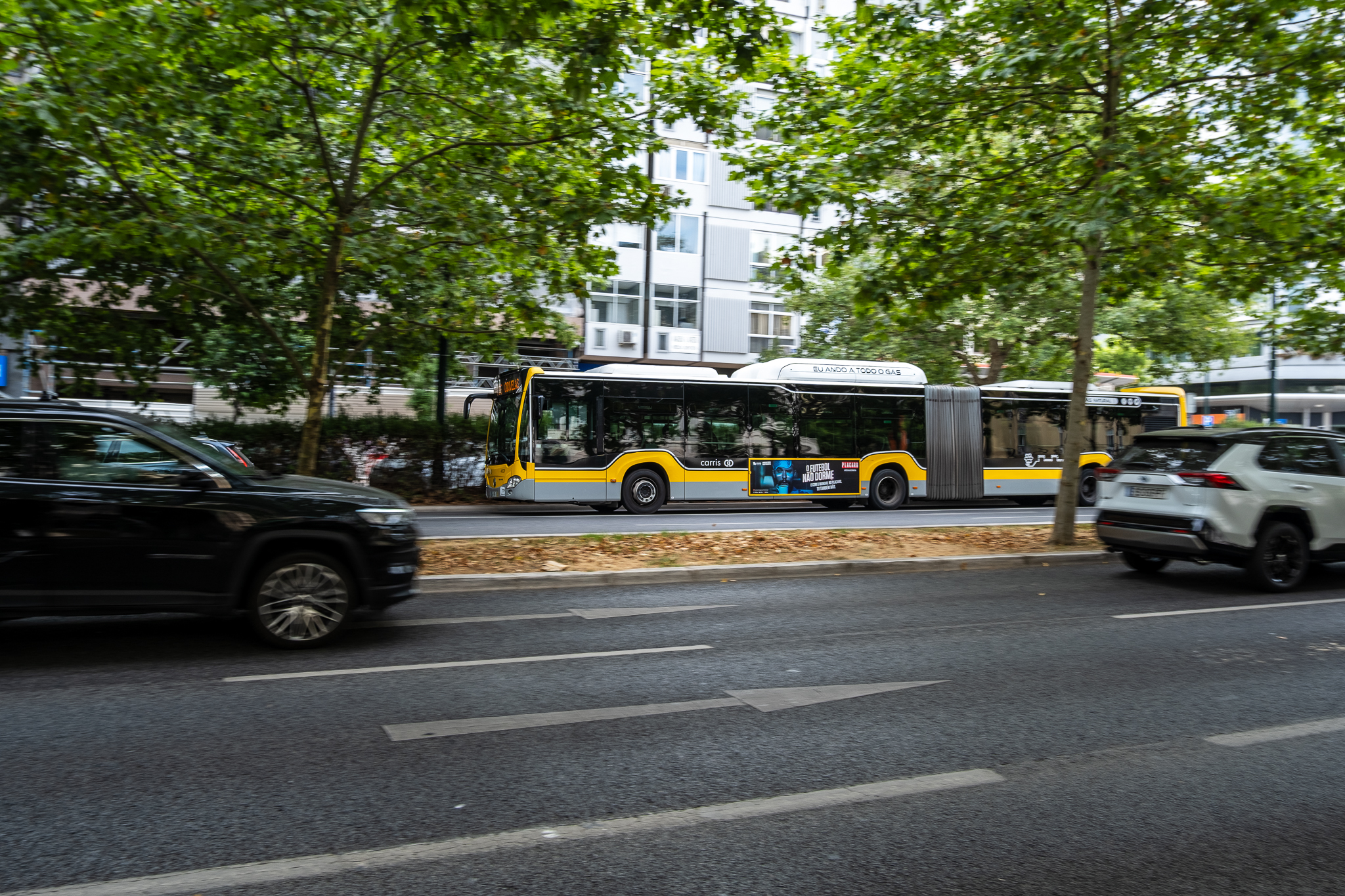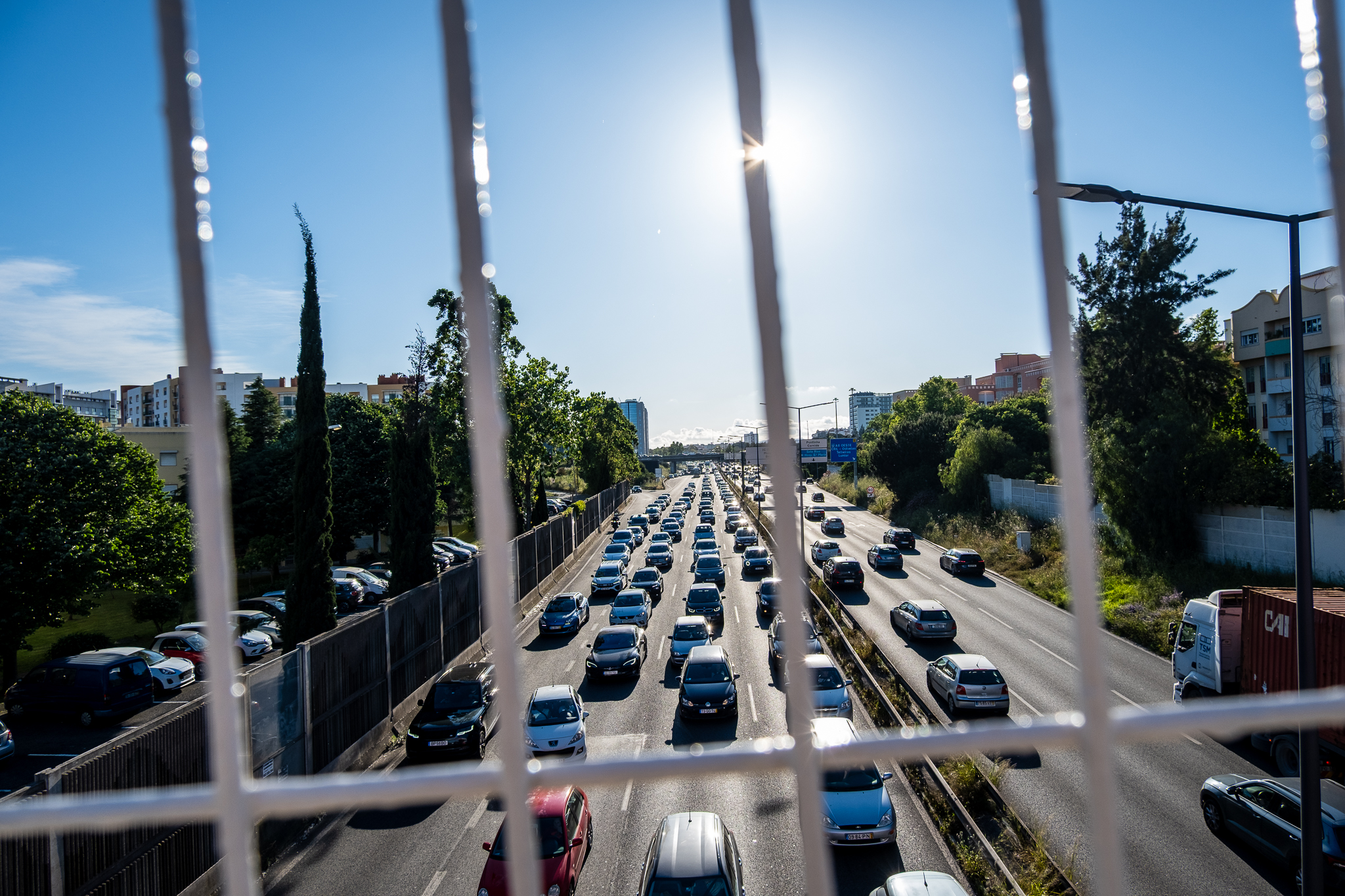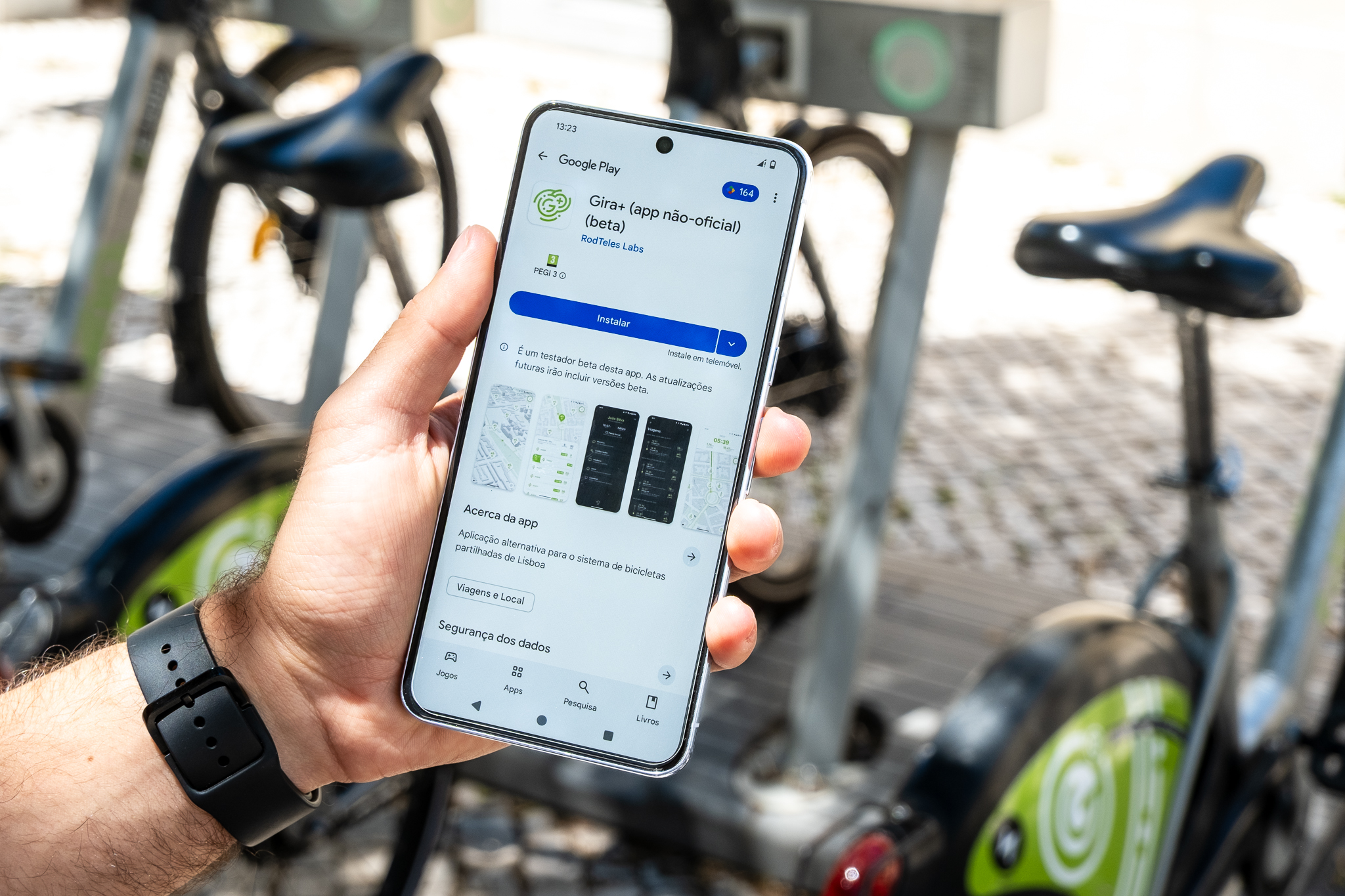The Vice-president, Filipe Anacoreta Correia, assured that "there was no definitive decision" about restrictions to automobile circulation in Baixa-Chiado and Ângelo Pereira, the councilman in charge of mobility, said that the issue will be framed within the "elaboration of a sustainable urban mobility plan" that will cover the entire city of Lisbon.
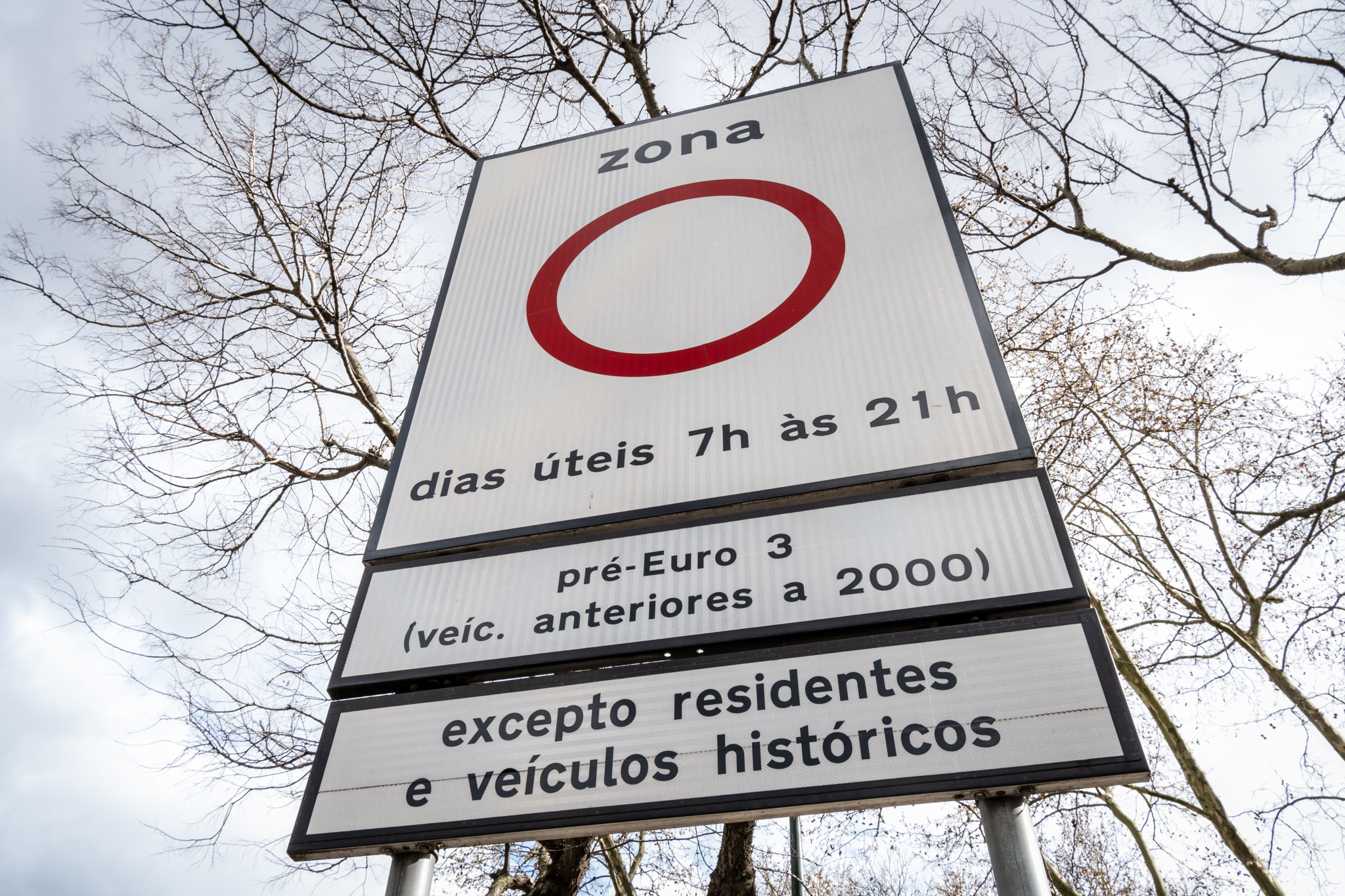
After November 2021Fernando Medina's proposal to create a ZER in Avenida da Liberdade, Baixa and Chiado has been discussed and voted in the Municipal Assembly (AML), the issue returned to the debate this Tuesday in the "House of Democracy", at the request of the Left Bloc (BE). The party wanted clarification on the ideas of Carlos Moedas' executive about the city center and the implementation or not of traffic restrictions in that area, after the recent statements to the Expresso newspaper implying a setback in the implementation of the so-called ZER ABC.
On March 4th, Ângelo Pereira, Lisbon's councilman in charge of mobility, had told Expresso that there was no will to go ahead with ZER ABC as planned by Medina, admitting, however, the pedestrianization of some non-structural streets (in the drawer would be, for example, restrictions on the streets of Ouro, Prata, Fanqueiros and Madalena), improvements in public transportation supply in the history area and the expanding the cycling network which today has several discontinuities between the Avenida, the Baixa, and the Chiado.
"What are we left with anyway?"
According to Isabel Pires, BE municipal deputy, with her declarations to Expresso it was "the idea that Lisbon will be left behind in a process that is vital for our cities, for the health and well-being of those who live here and those who pass through here. By political choice, Moedas, who has been so proud of the European experience and the need to respond to the climate crisis, has put the brakes on a process that is already behind schedule"..
The blocist deputy, who opened Tuesday's debate in the Municipal Assembly, showed herself confused by the current executive's position. In November, the controversial ZER ABC had already passed through the AML, with the discussion and majority approval of a BE recommendation that defended the implementation of the restrictions in the city center by the Lisbon City Council as foreseen in Medina's plan. According to Isabel Pires, BE obtained the following response from the councilman of Mobility to the recommendation presented by the party: "As the ABC ZER appears in numerous national and international commitments, the respective implementation studies will be resumed, in order to reassess the measures proposed in the ABC ZER plan, and sub-consequent submission procedures to the City Council and City Assembly for approval and respective public consultation."
"What are we left with anyway?"asked the BE deputy. "Will Lisbon keep up with the European capitals? Or will it lag behind in the name of a vision that is, in our view, outdated and not at all progressive in how we move about the city?"
"There has been no definitive decision"
After an hour and a half of discussion, the subject stayed more or less the same, with each deputy and party stating their position on the matter - reiterating, to some extent, what they had already said in November. Representing the Lisbon Municipality, its Vice-President, Filipe Anacoreta Correia, assured that "there has been no definitive decision regarding this matter" and regretted that the debate was born out of "a set of statements that, no matter how many times they are repeated, do not become true". Anacoreta Correia assumed that the current municipal executive continues "to accompany measures aimed at reducing carbon emissions, with commitment and interest"but it is necessary to have a notion of contexts, because this type of measures can have a negative impact on the environment. "big impact on people's lives, on families, on their budgets, on the lives of merchants". "The merchants are still very much feeling the adverse circumstances in which they find themselves. When we thought we were in a post-Covid period, we are now in a war situation that raises huge concerns. And I think that any politician in these circumstances should act with enormous prudence., he argued, while recovering the pandemic argument that Medina pulled in 2020 to postpone ZER ABC.
Councilman Ângelo Pereira said that the municipality is working on the "elaboration of a sustainable urban mobility plan for the city of Lisbon"where you want "insert downtown mobility issue" but that it is city-wide, so that "let's have a strategy for the whole city and not just for downtown". According to the councilman in charge of mobility, the plan will be prepared by a private entity selected by public tender, and the services of the Lisbon Municipality are working on it. "finalize the specifications"that is, the document that will allow the launching of that tender. "Obviously, the strategies of the ZERs and the ZAACs [Zonas de Acesso Automóvel Condicionado] will be inserted into this plan that will aim to reduce emissions in the city"Ângelo Pereira reinforced, adding that the elaboration of this plan means to comply with a unanimous resolution of the AML of January 26, 2021 and that "it had no consequence under the previous executive at the end of its term but will have by this executive". It was not clear what the difference is between this future plan and the strategic document MOVE 2030 already existing.
ZER should not be "just another isolated measure
António Prôa, PSD municipal deputy, pointed out that "the demand for [environmental] targets does not have to be synonymous with radicalism in action" and defended a mobility policy that is not made "against the will of the people" and that it does not provoke "against each other" . THE ZER "as presented" - reinforced - "it doesn't serve the people because it doesn't respect them. It was designed in an imposing way, without dialogue, ignoring the needs of the people, not foreseeing or preventing its impacts".. Luís Newton, also from the PSD, wanted to make it clear that "the pop-up city policy, made against the people", "without planning and without studies"is over; and questioned the morality "of this left" to defend ZER having allowed a cruise terminal in Santa Apolónia or made "the Avenida da Liberdade emissions reduction flop". From the CDS, MP Martim Borges de Freitas stated that a ZER in Baixa-Chiado should not be "another one-off measure"and should "be based on an integrated plan, supported by credible data that portrays the reality, namely the citizens' actual and potential mobility needsIt is also important to make sure that the historic center remains a lively urban area. "We can't tell the people of downtown Pombal that we're going to do another experiment. It's not fair and it is, in fact, inhumane. We should not put even more risk on hundreds of activities that are the life of the city" with, what he called, a "a game of take and put cars from one place to another".
Overall, there was a consensus on the urgency of responding to climate change and solving the problem of polluting emissions linked to automobile traffic in the city. But between left and right, there were differences. PSD and CDS showed themselves aligned with the city council, while the Liberal Initiative asked for the debate to be held but considering that the proposed ZER ABC is not a Reduced Emissions Zone but a Conditional Access Zone, like the ones that exist in Bairro Alto or Mouraria. "And the difference is not merely semantic"he explained, pointing out that in light of General Parking RegulationFor a ZAAC to be implemented, public consultation and favorable opinions from the affected Parish Council(s) are required. "Lisbon already has a ZER that covers the Baixa-Chiado area. What the previous project called ZER ABC did was to promote the creation of a ZAAC".said Rodrigo Mello Gonçalves.
ZER ABC had a "virtuous purpose"
Miguel Coelho, PS deputy and President of the Santa Maria Maior Parish Council, on which the ZER ABC falls, said he is in favor of a ZER "as an idea" in the historic center that is "well thought out and previously defended to the people". Not a defender of the initial project, Miguel stressed its "virtuous purpose" which "cannot be set aside" to reduce automobile circulation in the historic center by 40%. "What we advocate is that the initial idea be taken up again, that the Lisbon City Council reopen and deepen the debate that has since been interrupted by the pandemic"reiterated the President of Junta de Freguesia Santa Maria Maior, asking that "this problematic" do not transform yourself "in a romance just like the Almirante Reis bike path". Miguel Coelho also criticized the current mayor: "This eloquently evinced ability to distribute to everyone tea and sympathy has not the slightest correspondence with an ability to decide and to govern the city"he said, adding that the current Chamber seems to have "a dread of governing and creating discontents"but "to govern is to decide and there is always someone who will not like [the decisions]".
Two new recommendations, one from the Free Party and the other from the PS, were approved by a majority at the end of the debate in the Municipal Assembly, asking that the process of implementing a restricted traffic zone in Baixa-Chiado be resumed.
